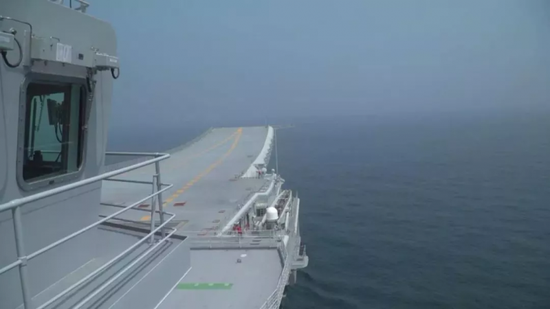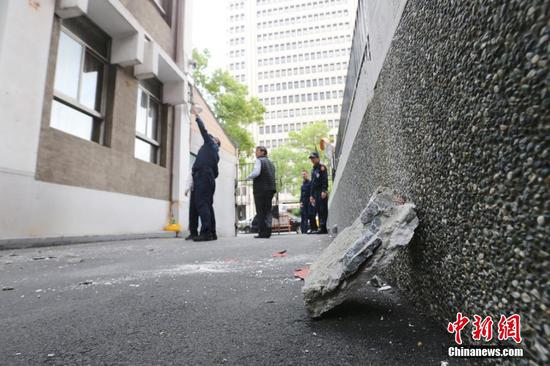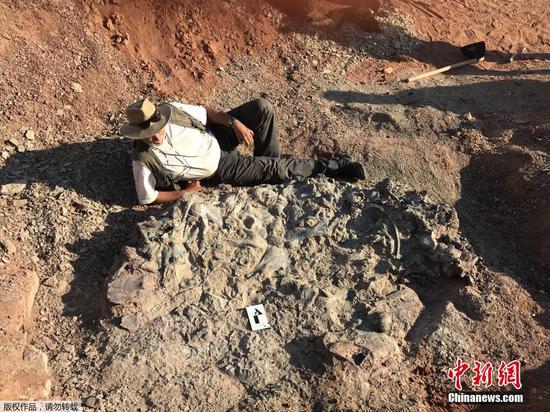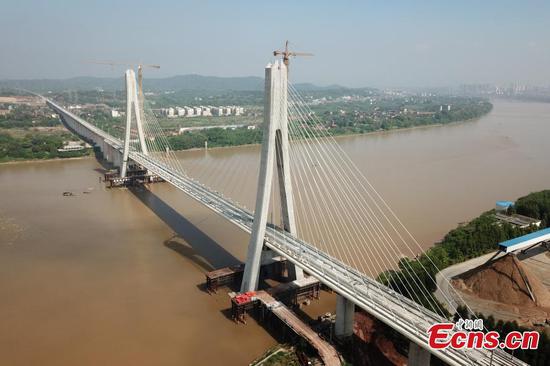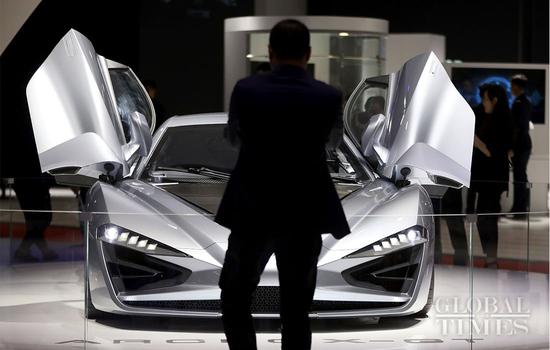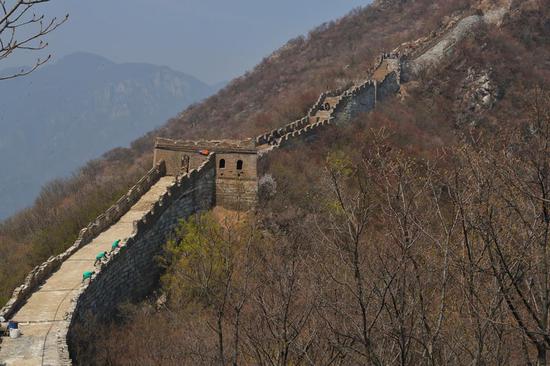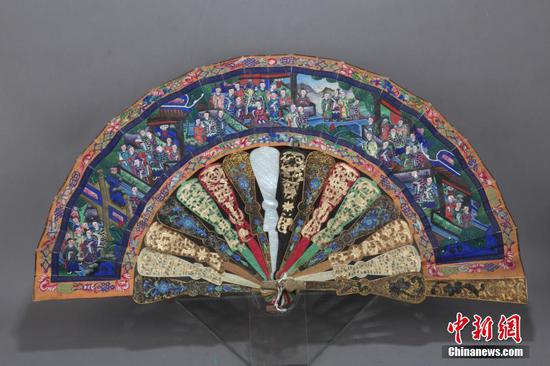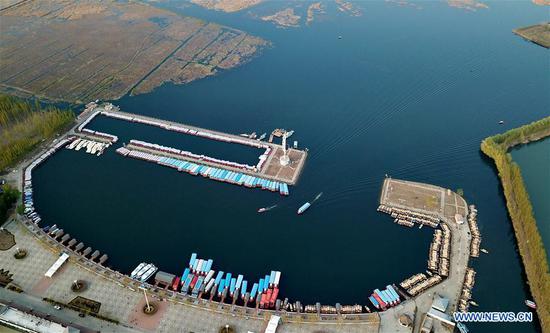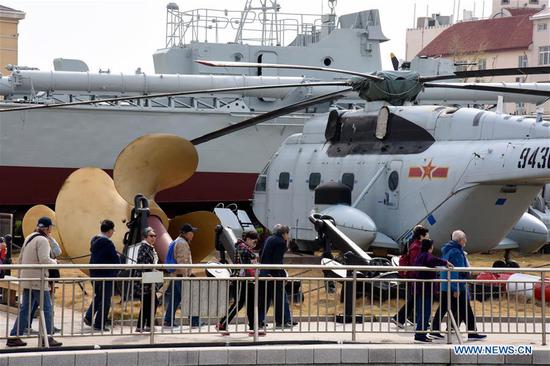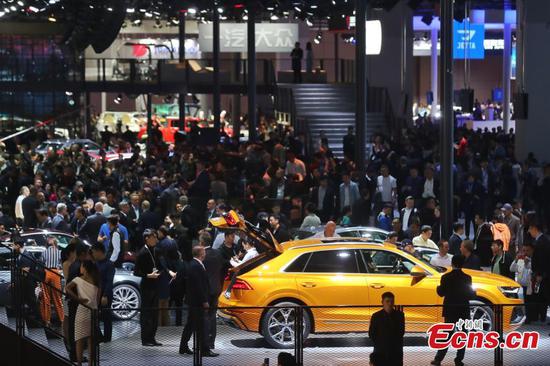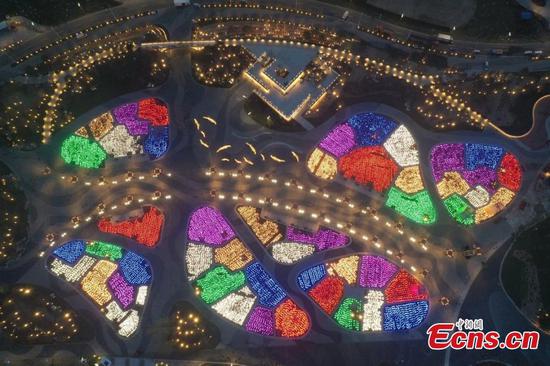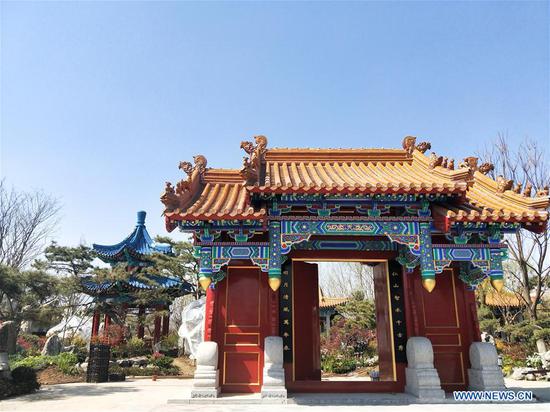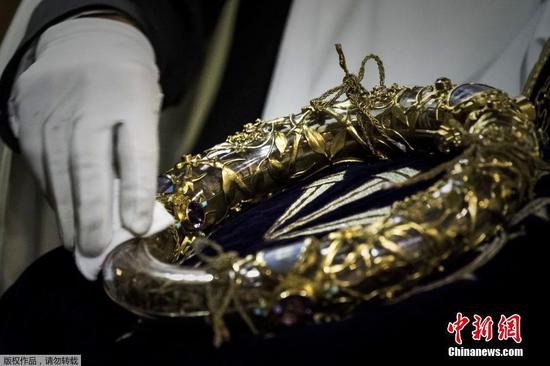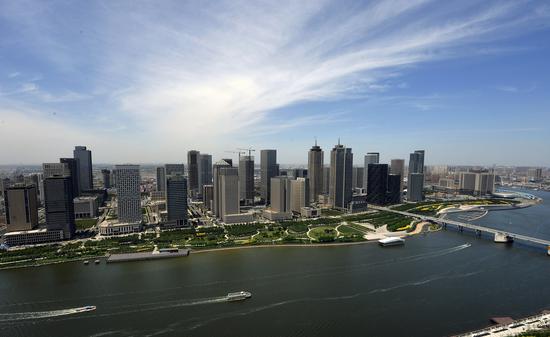Global institutions based in Britain's capital have been participating in the China-proposed Belt and Road Initiative (BRI), Catherine McGuinness, chair of the Policy and Resources Committee of the City of London Corporation, has said in a recent interview with Xinhua.
The BRI is an opportunity for businesses and countries to work together with China on developing important projects, and international businesses such as HSBC and Standard Chartered are already participating in it, McGuinness said.
Data from HSBC show it has participated in nearly 100 projects under the BRI, and HSBC is committed to being the leading financial partner to clients engaged in BRI projects.
The appointment of Douglas Flint, former group chairman of HSBC Holdings, as the UK Treasury's BRI envoy and the establishment of a BRI expert board shows the great commitment from the government to developing the BRI, McGuinness said.
"We certainly see a huge interest from the private sector, from the businesses based here in participating in the project. We always say the UK is at the natural west end of the BRI," she said.
The city of London has a wide range of services to offer to the BRI, from advisory services in establishing projects, over financing to risk management, she said.
London is the foreign exchange capital of the world and the BRI projects may have foreign exchange needs, she noted.
"The fact that China is such a significant economy makes RMB a really critical currency. I suppose the BRI does increase the importance of RMB," she said, stressing that London will continue to support the internationalization of RMB.
As more partners are involved in the BRI projects, the sustainability of these projects needs to be considered, she said, describing the green investment principles announced last year as "the start of the journey."
The Green Finance Committee of the China Society for Finance and Banking and the City of London's Green Finance Initiative published last November the green investment principles to incorporate low-carbon and sustainable development into the BRI.
McGuinness praised the BRI's signature freight train services between China and Europe that connect nearly 100 cities to form an international trade route, taking garments, auto parts, chemicals and other Chinese goods to European consumers, while bringing back European food, machinery, equipment and timber. On some routes, the journeys bound for China have outnumbered these bound for Europe.
McGuinness called the freight train services "absolutely welcome."
"China's buying power is huge. Clearly the great economies in the world are all interested in selling to and trading with China."
She said that over the past five years, the initiative has evolved from a concept to real projects, and helps tackle some of the infrastructure challenges in some countries and create jobs.
She also said she looked forward to attending the second Belt and Road Forum for International Cooperation in Beijing and hearing China's ideas for further promoting the initiative.
"We will be more enthusiastic to participate in the BRI after Brexit, because it becomes more important to us," McGuinness said. Enditem










